Called for information and to hopefully set up an appointment. They just started redirecting me and eventually hung up on me. Sad that this is a place that is supposed to help people.
About Rmc Behavioral Health
Regional Medical Center RMC is located in Jacksonville, Alabama. They offer behavioral health services to address and treat co-occurring mental health issues. They also offer family practice services, to also treat and address any physical issues you may also be experiencing.
They are close to hotels, retail stores and other medical centers. I think it’s great that you also find several natural landmarks nearby including Mountain Longleaf National Wildlife Refuge, the Choccolocco Wildlife Management Area and Henry Farms Hiking and Biking Trails.
Medical Detox Services with MAT at Anniston Campus
At RMC, they provide medical detoxification services to assist in your withdrawal process through inpatient care. These services are offered at their Stringfellow Campus of RMC, in Anniston, AL. They offer assessments and treatment to ensure you are safe during the withdrawal process.
I like that they will also offer MAT to treat cravings or symptoms you may experience during alcohol or opioid withdrawal. They have an integrated team of medical professionals including nurses, psychiatrists and social workers who help create a treatment plan, following your detox.
Inpatient BHS Services
Inpatient programs include intensive treatment and medical support your mental health and addiction issues continue to stabilize. They work with those who have been diagnosed with depression, various behavioral issues, bipolar disorder, psychosis and schizophrenia, among other conditions. They offer medication management to address your mental health needs as you work towards sobriety and provide group therapy to support your recovery in a peer-focused setting.
Family Services Onsite and Additional Levels of Care Nearby
They also offer several other services at their RMC locations including cancer care, emergency care, maternity care and women’s care. These programs may assist you in treating other conditions you may have been diagnosed with, while you continue your recovery journey.
Facility Overview
Latest Reviews
We’re sorry to hear about accident and your time at our facility. We aim to provide quality care and take feedback from our community very seriously. If you're open to sharing more details about your specific time at RMC, we’d like for you to contact our Patient Advocate directly at 256-231-8762. We appreciate any information you are willing to provide about your time here. Thank you.
Rehab Score
Gallery
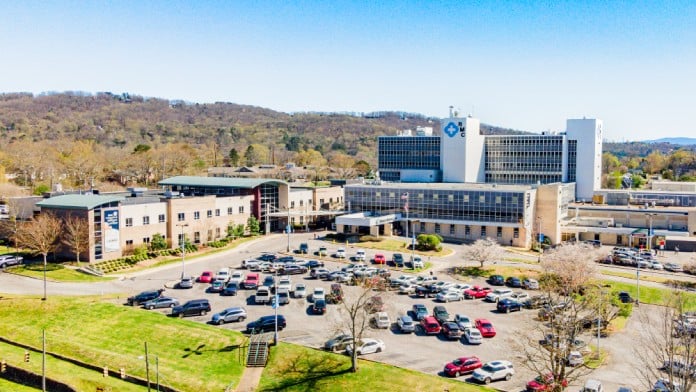
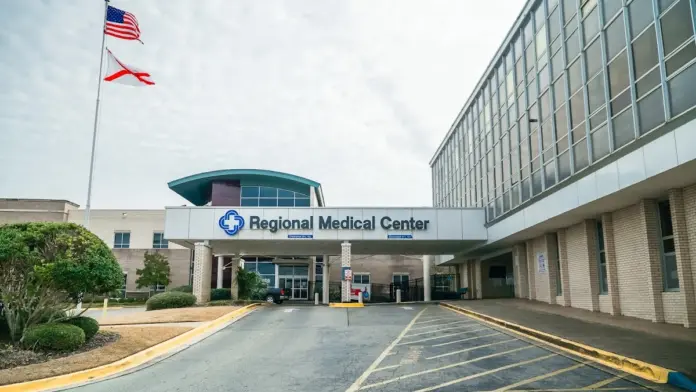
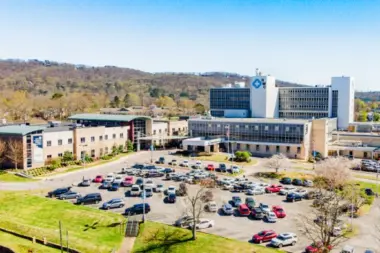
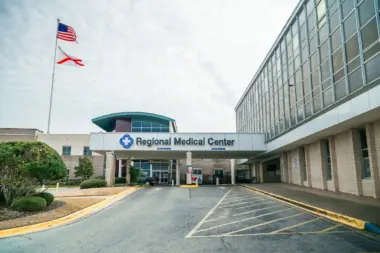
Accepted Insurance
Other Forms of Payment
Private insurance refers to any kind of healthcare coverage that isn't from the state or federal government. This includes individual and family plans offered by an employer or purchased from the Insurance Marketplace. Every plan will have different requirements and out of pocket costs so be sure to get the full details before you start treatment.
Self-pay involves paying for treatment out of your own pocket. You can use savings or credit, get a personal loan, or receive help from family and friends to fund your treatment. If you don't have insurance or your insurance plan doesn't cover a specific program, self-pay can help ensure you still get the care you need.
Financial aid can take many forms. Centers may have grants or scholarships available to clients who meet eligibility requirements. Programs that receive SAMHSA grants may have financial aid available for those who need treatment as well. Grants and scholarships can help you pai for treatment without having to repay.
Sliding scale payments are based on a client's income and family size. The goal is to make treatment affordable to everyone. By taking these factors into account, addiction recovery care providers help ensure that your treatment does not become a financial burden to you or your family, eliminating one barrier to care.
Medicare is a federal program that provides health insurance for those 65 and older. It also serves people under 65 with chronic and disabling health challenges. To use Medicare for addiction treatment you need to find a program that accepts Medicare and is in network with your plan. Out of pocket costs and preauthorization requirements vary, so always check with your provider.
Medicaid is a state based program that helps lower-income individuals and families pay for healthcare. Medicaid covers addiction treatment so those enrolled can use their coverage to pay for rehab. When a program accepts Medicaid the client often pays very little or nothing out of their own pocket.
Military members, veterans, and eligible dependents have access to specific insurance programs that help them get the care they need. TRICARE and VA insurance can help you access low cost or no cost addiction and mental health treatment. Programs that accept military insurance often have targeted treatment focused on the unique challenges military members, veterans, and their families face.
Addiction Treatments
Levels of Care
Residential treatment programs are those that offer housing and meals in addition to substance abuse treatment. Rehab facilities that offer residential treatment allow patients to focus solely on recovery, in an environment totally separate from their lives. Some rehab centers specialize in short-term residential treatment (a few days to a week or two), while others solely provide treatment on a long-term basis (several weeks to months). Some offer both, and tailor treatment to the patient's individual requirements.
Outpatient Programs (OP) are for those seeking mental rehab or drug rehab, but who also stay at home every night. The main difference between outpatient treatment (OP) and intensive outpatient treatment (IOP) lies in the amount of hours the patient spends at the facility. Most of the time an outpatient program is designed for someone who has completed an inpatient stay and is looking to continue their growth in recovery. Outpatient is not meant to be the starting point, it is commonly referred to as aftercare.
12 step programs are often considered the standard model for addiction recovery. They're based on the use of spiritual principles to support a gradual psychological, emotional, and spiritual shift to remediate the root causes of one's addiction. Treatment depends primarily on per coaching (sponsorship) and group recovery meetings. Though rooted in spiritual principles, participants do not need to be religious and sessions are non-denominational. Specialized groups, including meetings for seniors, teens, and family members, are often available.
A drug intervention in Alabama is an organized attempt to convince someone they have a substance use issue and that they need treatment. During an intervention, loved ones share their concerns about the person's substance use and encourage them to get help. A professional can provide guidance and support for this effort through intervention services, to help participants avoid missteps and increase the success of the intervention.
At certain points in the recovery process, it's important to have medical support available around the clock, and 24-hour clinical care in Alabama offers a safe environment in which you can begin your recovery journey. This feature offers constant supervision in situations like medical detox, where a team of professionals are on hand to ensure the withdrawal processs is performed safely and comfortably.
Medically assisted detox is often the first step of addiction treatment. At the medical detox level of care, you are weaning your body off drugs and/or alcohol under the care of licensed medical professionals who constantly monitor your health and treat any potential withdrawal symptoms, sometimes with the aid of medication (like Suboxone or Vivitrol).
Treatments
A combined mental health and substance abuse rehab has the staff and resources available to handle individuals with both mental health and substance abuse issues. It can be challenging to determine where a specific symptom stems from (a mental health issue or an issue related to substance abuse), so mental health and substance abuse professionals are helpful in detangling symptoms and keeping treatment on track.
Alcoholism, also called alcohol use disorder (AUD), is defined as an impaired ability to stop or control drinking alcohol despite negative consequences. Whether the condition is mild, moderate, or severe, effective treatment is available through alcohol rehab in Alabama. Evidence-based therapies, mutual-support groups, and medications have all proven effective treatments alcohol addiction.
Drug rehab in Alabama provides medical or psychotherapeutic treatment for drug dependency. Methods of treatment often include a combination of medication, counseling, and recreational therapies.
You can find comprehensive substance abuse treatment in Alabama. Typically, drug and alcohol rehabs provide a full continuum of care including medically assisted detox, inpatient, outpatient, dual-diagnosis, and partial hospitalization. With a comprehensive substance abuse evaluation, addiction experts provide individualized treatment plans to cater to your individual needs. These programs address substance use disorders using evidence-based therapies like cognitive behavioral therapy (CBT) and dialectical behavioral therapy (DBT), counseling, and recovery support groups.
Addiction treatment includes mental health services while living within a facility–a hospital, clinic, or hotel-like rehab center. Mental health counselors provide care in a safe environment monitored by clinical staff. The typical length of an inpatient program is 28-30 days, but some can last 60-90 days or more. Mental health treatment involves individual and group counseling sessions, addiction and relapse prevention education, and coping skills training.
Programs
Adult rehab programs include therapies tailored to each client's specific needs, goals, and recovery progress. They are tailored to the specific challenges adult clients may face, including family and work pressures and commitments. From inpatient and residential treatment to various levels of outpatient services, there are many options available. Some facilities also help adults work through co-occurring conditions, like anxiety, that can accompany addiction.
Young adulthood can be an exciting, yet difficult, time of transition. Individuals in their late teens to mid-20s face unique stressors related to school, jobs, families, and social circles, which can lead to a rise in substance use. Rehab centers with dedicated young adult programs will include activities and amenities that cater to this age group, with an emphasis on specialized counseling, peer socialization, and ongoing aftercare.
Nearly one million adults age 65 and older live with a substance use disorder. Treatment providers who specialize in senior care understand the social, psychological, and physical effects of aging and how they relate to recovery. They can help clients address particular challenges and risks they may face as they get older such as overdosing and medication interactions and dependencies.
Clinical Services
The goal of cognitive behavioral therapy in Alabama is to lessen the symptoms of certain mental health conditions, including substance abuse and co occurring mental health disorders. It is known as one of the most effective means of treatment for these conditions.
Group therapy is any therapeutic work that happens in a group (not one-on-one). There are a number of different group therapy modalities, including support groups, experiential therapy, psycho-education, and more. Group therapy involves treatment as well as processing interaction between group members.
In individual therapy, a patient meets one-on-one with a trained psychologist or counselor. Therapy is a pivotal part of effective substance abuse treatment, as it often covers root causes of addiction, including challenges faced by the patient in their social, family, and work/school life.
Trauma therapy helps you process and heal from traumatic events. Your therapist provides a safe space for you to explore emotions, develop coping strategies, and integrate the traumatic experience into a more coherent narrative. This helps to promote long term mental health.
Whether a marriage or other committed relationship, an intimate partnership is one of the most important aspects of a person's life. Drug and alcohol addiction affects both members of a couple in deep and meaningful ways, as does rehab and recovery. Couples therapy and other couples-focused treatment programs are significant parts of exploring triggers of addiction, as well as learning how to build healthy patterns to support ongoing sobriety.
Proper nutrition increases comfort levels during detox and supports healing during drug rehab in Alabama. Nutrition therapy provides this crucial, balanced nourishment and helps you develop skills for long term health throughout recovery.
Amenities
-
Residential Setting
-
Private Setting
-
Private Rooms
-
Gym
-
Recreation Room
Staff & Accreditations
Staff
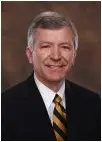
Louis Bass
President & CEO

Joe Weaver
Senior VP
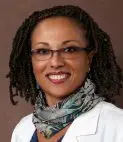
Almena Free, M.D.
VP of Medical Affairs

Mark North
CFO
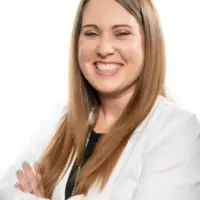
Kandi Williams
CNO/VP Patient Services
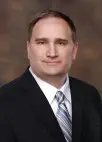
Pete Furlow
CIO
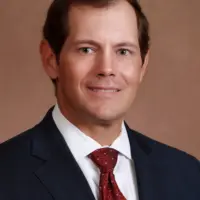
Tripp Johnson
COO
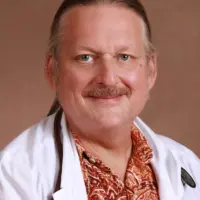
Louis DiValentin, M.D.
Medical Chief of Staff
Accreditations

The Joint Commission, formerly known as JCAHO, is a nonprofit organization that accredits rehab organizations and programs. Founded in 1951, the Joint Commision's mission is to improve the quality of patient care and demonstrating the quality of patient care.
Joint Commission Accreditation: Yes
Accreditation Number: 7927

State Licenses are permits issued by government agencies that allow rehab organizations to conduct business legally within a certain geographical area. Typically, the kind of program a rehab facility offers, along with its physical location, determines which licenses are required to operate legally.
State License: Alabama
Contact Information
400 East 10th Street
Anniston, AL 36207

